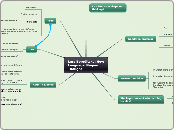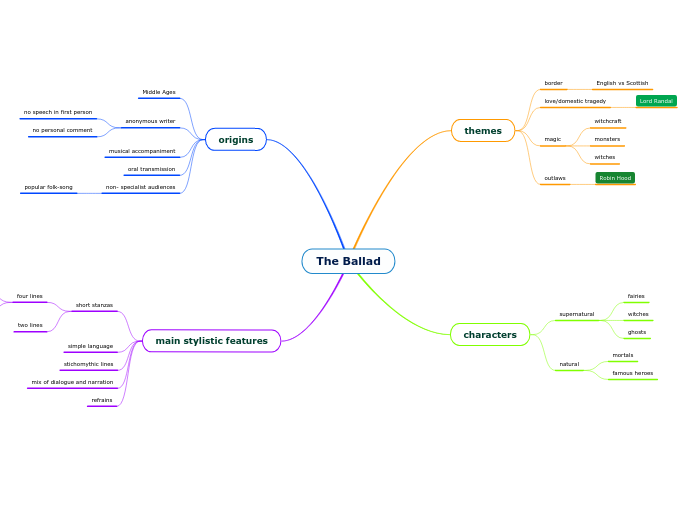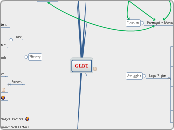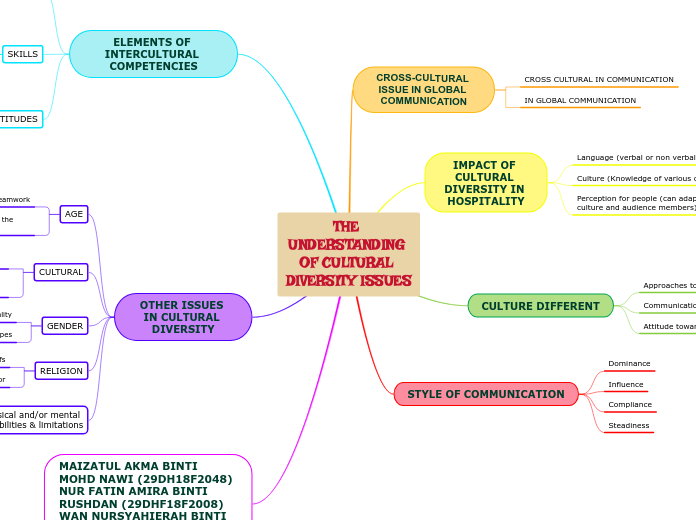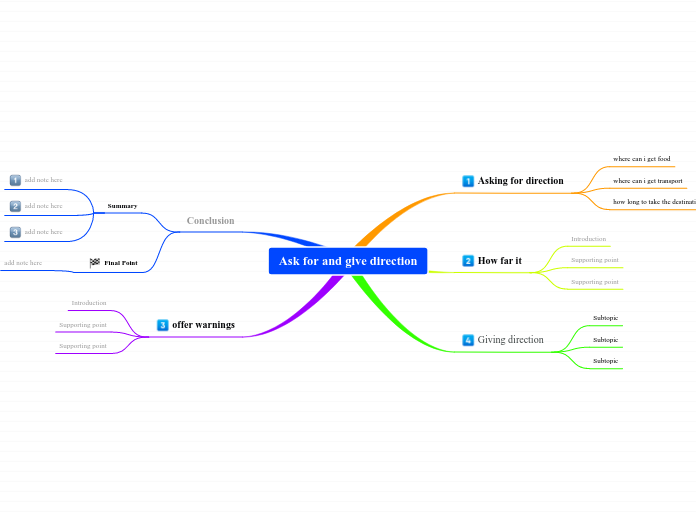arabera Paweł Badeński 12 years ago
53411
Lera Boroditsky: How Language Shapes Thought
The manner in which different languages structure their grammar and vocabulary can significantly influence cognitive processes. For instance, some languages, like Kuuk Thaayorre, rely on absolute spatial terms such as north, south, east, and west, compelling speakers to maintain constant spatial awareness.
